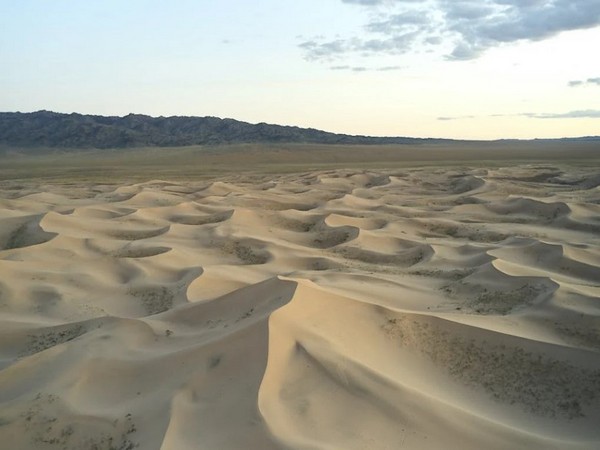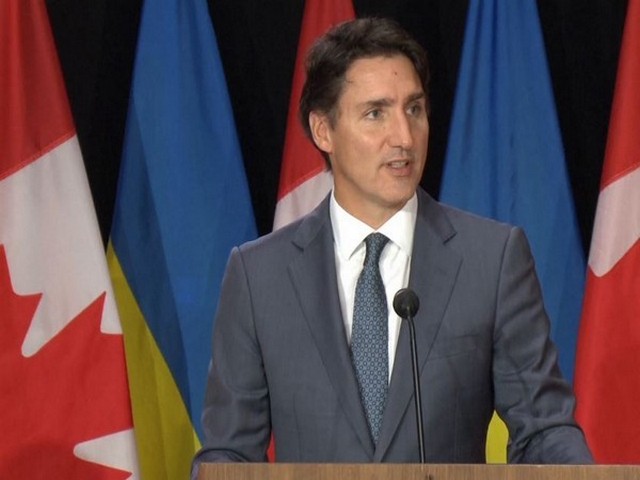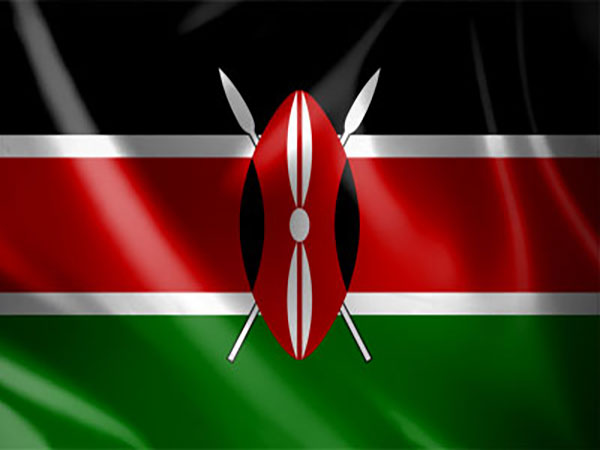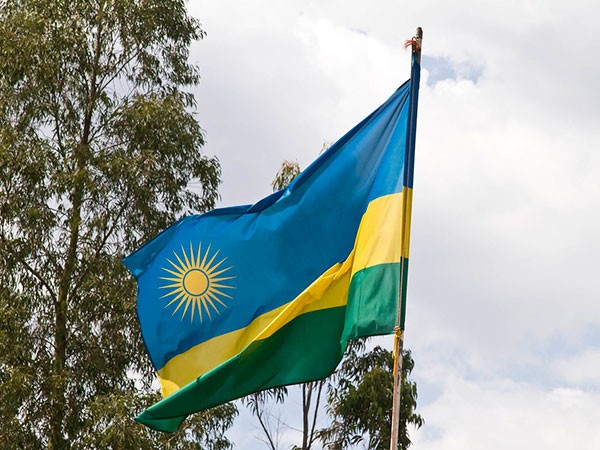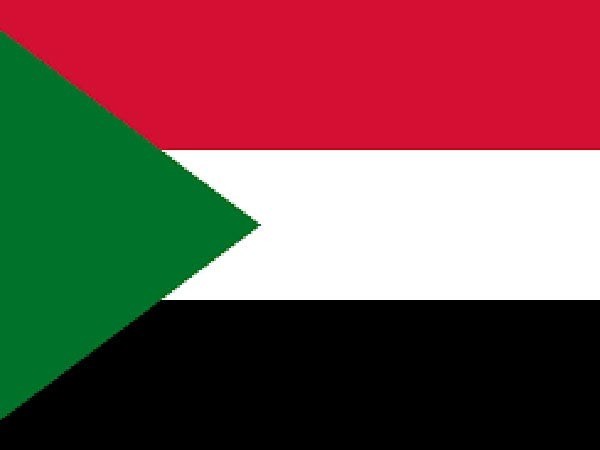Climate change threatens low-lying Caribbean hospitals
May 29, 2024
Washington [US], May 29: Tens of millions of people living in coastal areas around the Caribbean and Latin America face imminent risks to healthcare and key infrastructure as climate change brings more severe weather events, according to a United Nations report.
According to the report by the U.N. sexual and reproductive health agency (UNFPA), some 41 million people - 6% of all people living in the overall region - live in low-lying coastal areas at risk of storm surges, flooding and hurricanes.
In the Caribbean alone, this represents some 17%.
"Behind our modeling of exposed coastal populations are millions of people - including poor and vulnerable Afrodescendent and indigenous women and girls - who are the least responsible for the climate crisis but are paying a heavy price when it comes to their sexual and reproductive health and rights," said UNFPA Executive Director Natalia Kanem.
"Climate change is not gender neutral and exacerbates existing inequalities," she said.
The report identified over 1,400 key hospitals located in low-lying coastal areas, using satellite imagery and population estimates to identify communities most at risk.
In the Caribbean nations of Suriname, Guyana and the Bahamas, as well as the Dutch and British territories of Aruba and the Cayman Islands, these accounted for over 80% of hospitals.
In Pacific-facing Ecuador, this represented 12% of hospitals, in Haiti this was 10%, and in Mexico, the region's second-largest economy, more than 5%.
Brazil, Latin America's largest economy, counted the most hospitals in vulnerable low-lying areas, with 519 - representing just over 7% of the number nationwide.
The U.S. National Oceanic and Atmospheric Administration (NOAA) has warned of a highly active Atlantic hurricane season starting this June due to hotter ocean waters combined with effects from the La Nina weather phenomenon.
UNFPA launched the report as leaders from Small Island Developing States (SIDS) meet in Antigua to discuss economic and political solutions, as well as the impact of climate change on governments with high debt loads seeking to protect their vulnerable coastlines.
Source: Fijian Broadcasting Cooperation
